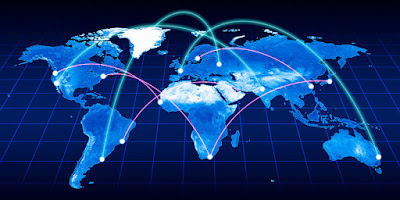
Morality: Objective or Subjective? A bar conversation between Immanuel Kant and Michel Foucault. Kant and Foucault are sitting at a bar. They have just ordered drinks when Kant is shocked by Foucault’s refusal to tip the bartender Kant: That was rather rude, why didn't you tip the poor chap? Foucault : He’s hardly a poor chap. I am already paying an extra charge on top of the price of the drinks. They can pay him his ‘tip’ from that extra premium. Kant : We pay extra for the ambience. And again, don’t you think that denying him his tip is rather harsh? I mean, most of his earning comes from what people tip him. Foucault : What is ‘harsh’ for you, may just be ‘practicality’ for me, you know? I don’t feel I need to tip him, and further, I don’t feel it was ‘harsh’ or ‘rude’ of me to deny him his tip. Basically, what you feel is wrong, is not necessarily wrong for me. Kant: That’s not true at all. There HAVE to be some things that are generally right or ge...


